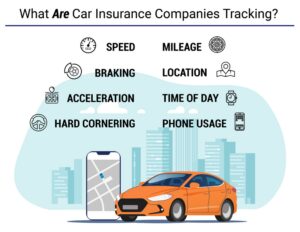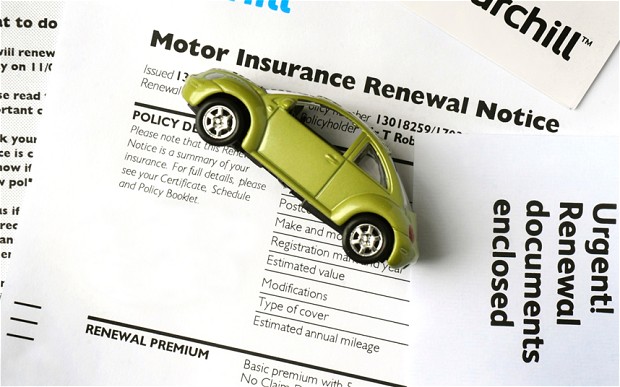What is Usage-Based Insurance (UBI)?
Usage-based insurance (UBI) is a vehicle insurance policy where a company charges a premium based on the driving habits and behavior rather than using traditional demographics like age, gender, and location to determine the insurance premium.
People usually associate usage-based insurance (which is also known as pay-as-you-drive, or ‘pay-as-you-go’) as car insurance for single drivers. The concept is that a person can pay for the risk score correlated with the distance they drive with their vehicle, as compared to the flat monthly or yearly premium rate that insurance companies generally charge.
UBI mainly depends on a device or software integrated into a vehicle to record data and driving patterns. It evaluates several other factors like average speed, mileage, how often users drive, and at what time of day they drive, amongst others. All this data is then sent to the insurance company for analysis, after which it is decided what the driver’s insurance premium will be.
Safer drivers who display responsible driving behavior, like, maintaining suitable speed and avoiding sudden braking, are entitled to a lower insurance premium. In contrast, a reckless driver will be charged a higher insurance premium.
UBI is becoming popular because of its flexibility, as its premiums can be adjusted based on the amount of driving done. UBI also offers users discounts based on the driver’s safety records and driving habits.
Usage-based insurance (UBI) policies have recently experienced an increase in popularity, and more and more companies have started offering this service to policyholders. UBI policies, just like all other policies, have pros and cons.
Pros of Usage-Based Insurance
- Possibilities for lower premiums
Safe drivers with responsible driving habits can meet the requirements for lower insurance premiums.
- Personalized pricing
Insurance premiums are no longer based on generic factors like age, gender, or location, but instead, they are based on individual driving habits and behavior.
- Encourages safer driving
UBI policies offer lower premiums to safer drivers, thus offering an incentive to other drivers to qualify for them too. This reduces the chances of road accidents and improves road safety.
- Benefits low-mileage drivers
People who drive less frequently end up having a lower possibility of an accident and thus can qualify for lower premiums.
- Encourages improvement in driving behavior
Knowing someone is watching makes you want to improve yourself to prevent criticism. Monitoring of driving data can lead to individuals trying to improve their driving habits
Cons of Usage-Based Insurance
- Security risk
The data collected by the UBI policy can raise concerns among drivers uncomfortable with recording and sharing their driving habits.
- Potential for higher premiums
Risky or dangerous driving habits can result in higher premiums as compared to traditional insurance policies.
- Restricted availability
Not every insurance provider offers Usage-based insurance options. Thus options for an individual are limited in terms of a UBI policy
- Data Accuracy
Telematics devices and mobile apps designed to collect data are limited when it comes to accuracy. These devices can lead to inaccurate data being recorded and a disparity in premium calculation.
- Limited impact on different factors
UBI policies focus mainly on driving behavior and may not consider other factors like vehicle conditions or environmental conditions, which also impact accident risk.
Conclusion
Overall, usage-based insurance is an attractive alternative for less frequent car drivers who are looking for flexibility and discounts on their current car insurance. By tracking and rewarding good driving habits and offering lower deductibles, UBI can let you save your money while still offering the same level of coverage that traditional car insurance policies provide.
Usage-based insurance is slowly becoming popular, with insurance regulators also focusing on its more comprehensive application. While many users have concerns about both pricing and privacy. Insurance companies are working to address these issues, and there are expectations of a win-win solution emerging for both the insurer and the insuree.
Since the ultimate goal is to ensure safety on our roads, buying a good car insurance is of the essence. People that put off insurance due to less usage and tighter pockets can now invest in usage-based insurance even if they don’t drive frequently.

Sadia Zaheer holds a Masters in Business Administration from IBA, Karachi. After working in several financial institutions in Client Management, Corporate Lending, Islamic Banking and Product Management she jumped careers to pursue a career in writing.
She is a Finance, Business and HR Development writer with four years of experience. She reads a lot and takes care of her multiple cats to remain calm.





